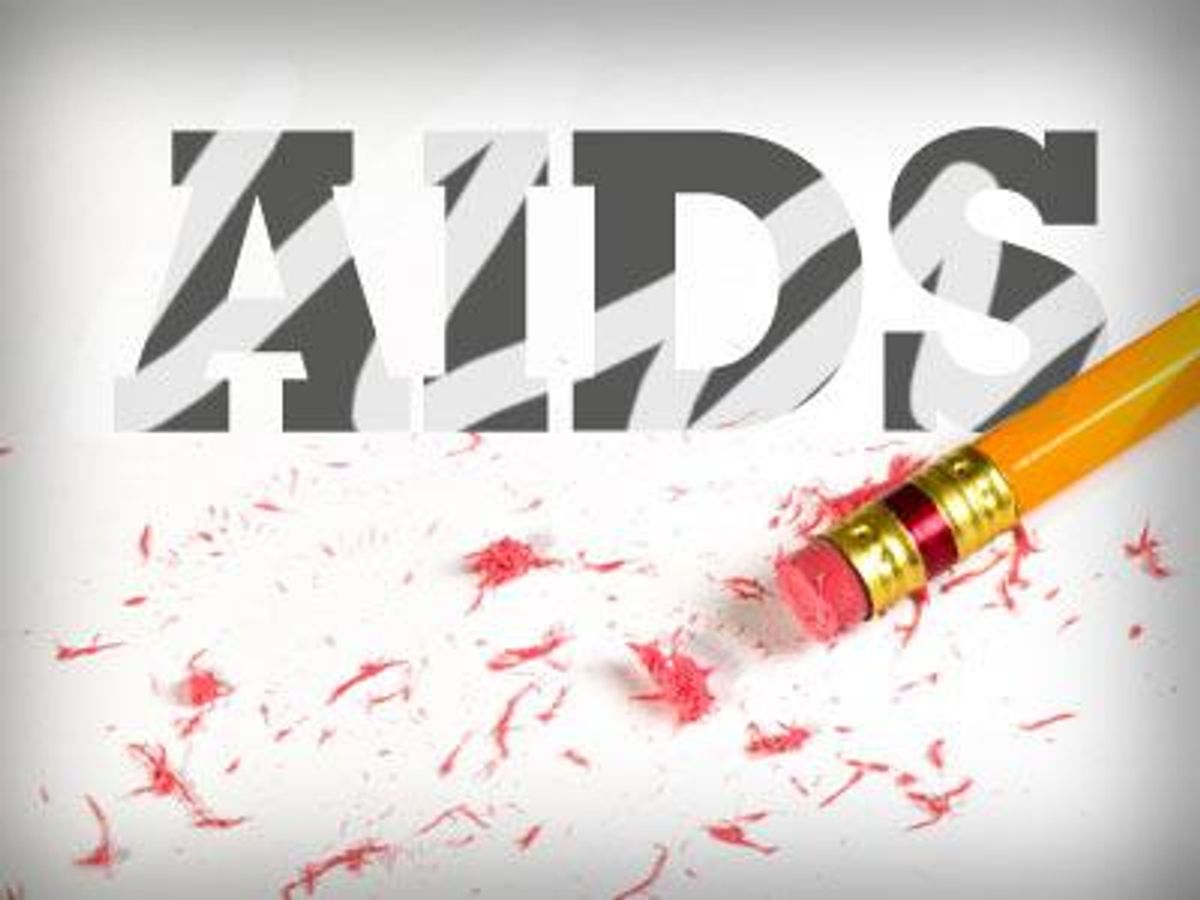Nine years ago I stood before a group of my peers at Penn State University. It was just six weeks after finding out I was HIV-positive. For the first time, I told my peers about the struggles I had dealing with the news. I wanted to share my emotions and humanize my story to the point they would listen. I wanted to make a difference.
Here we are again, on the eve of another World AIDS Day. A day when we continue to fight to get our message heard. Today I reviewed a report by the Centers for Disease Control and Prevention that relayed alarming news about our younger generation, the generation I'd expect to have the most information and education about HIV/AIDS. It's shocking to think that about 1,000 young people age 13 to 24 become infected with HIV each month. This accounts for more than a quarter of the 50,000 new HIV infections each year. And 60% of young people who are HIV-positive do not know they are. Nowadays, according to CDC director Thomas Frieden, the lifetime cost of treating someone with HIV is about $400,000. That's $4 million in health care each month.
This year's theme for World AIDS Day is Working Together for an AIDS-free Generation. There has been so much discussion about an "AIDS-free generation." I caution our community on this. Although our community has made many strides and seen many successes this year, this type of language could send a message to these young folks that an end is near. It could suggest that there is less risk with an AIDS-free generation on the horizon.
I believe we can "make it to zero." We have the tools and the knowledge we need to end the epidemic. But we all have to work together to get there. This means those who are negative need to do their part to remain negative. Protecting yourself from HIV and other sexually transmitted infections is the responsible thing to do and is a huge part of your role in reducing the spread of HIV. Remember, this is your health and you should assume that all of your partners have some sort of sexually transmitted infection. You should be responsible for your health by always protecting yourself. You should have conversations with your partner about your sexual history and even get tested together.
HIV testing is more accessible than ever before with the recently approved over-the-counter rapid oral HIV test. Clinics are still testing for free and offering the additional support some clients need. The sooner people know they are HIV-positive the sooner they can get into care, the sooner they are informed so that they are not infecting others. We can't forget about needle exchange programs, which are vital in the fight against HIV/AIDS. Those who use injectable drugs can help reduce the spread by exchanging their needles for clean needles -- this will help get us to zero.
For my fellow pozoids, those who are already HIV-positive, you know what this life is like. Much of this fight to get to zero is also up to us to be responsible in our actions. You and I can do this; we can help bring this epidemic to an end. We need to make sure you stay in care and get the medications you need (thanks to the Affordable Care Act this will be much easier). To be honest, the responsible, however difficult, thing to do, if we want to play our part in getting to zero, is to tell our partners -- all of them -- of our status.
Getting to zero is possible, but not without the help of everyone. HIV began one person at a time, and it will end one person at a time.
TOM DONOHUE is the founding director of Who's Positive, a national organization that humanizes HIV through firsthand accounts of people living with the virus. He also sits on the board of trustees of the National Association of People With AIDS. TomDonohue.org













































































Fans thirsting over Chris Colfer's sexy new muscles for Coachella